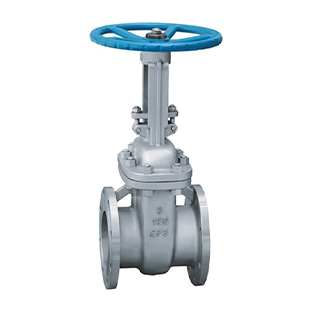water gate valve types
Understanding Water Gate Valve Types
Water gate valves are crucial components in various plumbing and irrigation systems. They serve the primary function of controlling the flow of water within pipes, making them essential for both residential and commercial applications. This article will explore different types of water gate valves, their functions, advantages, and considerations for use.
What is a Water Gate Valve?
A water gate valve is a type of valve used to start or stop the flow of liquid in a system. Unlike other valve types (like ball or butterfly valves), gate valves are designed to be fully open or closed, meaning they are either entirely in the flow path or fully out of it. This design minimizes the pressure drop and turbulence in the system, allowing for smoother water flow.
Types of Water Gate Valves
1. Wedge Gate Valve The wedge gate valve is the most common type of gate valve. It features a wedge-shaped disc that can be raised or lowered by a handwheel or actuator. When the valve is fully open, the disc is completely lifted out of the water path, allowing for unobstructed flow. Wedge gate valves are durable and can handle high pressure, making them suitable for water supply and wastewater systems.
2. Parallel Gate Valve In a parallel gate valve, the gate is flat and parallel with the valve seats. This design allows for a more equal distribution of sealing forces, enabling the valve to provide a tight seal even under low pressure. These valves are especially effective for controlling flow in applications where a tight shut-off is necessary.
3. Slab Gate Valve The slab gate valve features a single gate that slides across the pipeline. This design is straightforward and less prone to mechanical failure. Slab gate valves are often used in large-diameter applications where space is constrained, and a straightforward mechanism is required for efficient flow control.
water gate valve types

4. Frictionless Gate Valve Frictionless gate valves utilize advanced technology to minimize wear and tear over time. They are crafted with smooth surfaces and specialized materials that reduce friction during operation. This design leads to extended lifespan and reliability, making them ideal for critical water systems.
5. Electric Gate Valve For automatic control, electric gate valves can be integrated into automated systems. They typically feature a motor that can be controlled remotely or programmed to activate based on specific conditions. This feature is particularly beneficial in large systems where manual operation would be impractical.
Advantages of Water Gate Valves
Water gate valves are favored for their durability, reliability, and low-maintenance requirements. They can handle high flow rates with minimal resistance, which is ideal for ensuring efficient water delivery in municipal systems and industrial applications alike. Additionally, gate valves have a straightforward design, meaning they can be easily installed and serviced.
Considerations for Use
While gate valves offer numerous benefits, they are not suitable for throttling applications. Their design is intended for fully opened or closed positions, and using them to regulate flow can lead to damage or inefficient operation. Proper sizing and material selection are also key factors to ensure compatibility with the specific water system's pressure and temperature conditions.
In conclusion, understanding the various types of water gate valves is essential for selecting the appropriate valve for your plumbing or irrigation needs. With their commitment to durability and reliability, these valves can enhance the efficiency and longevity of water systems, ensuring the smooth operation of vital infrastructure.
-
3-types-of-check-valves-maintenance-tipsNewsAug.23,2025
-
ball-valves-types-with-trunnion-mounted-designNewsAug.23,2025
-
butterfly-valve-company-production-capabilitiesNewsAug.23,2025
-
fisher-globe-valve-technical-specificationsNewsAug.23,2025
-
types-of-gaskets-for-flanges-selection-guideNewsAug.23,2025
-
wedge-gate-valve-suppliers-quality-standardsNewsAug.23,2025
-
Breakthrough in Domestic Low Temperature Valve Technology in ChinaNewsAug.18,2025




